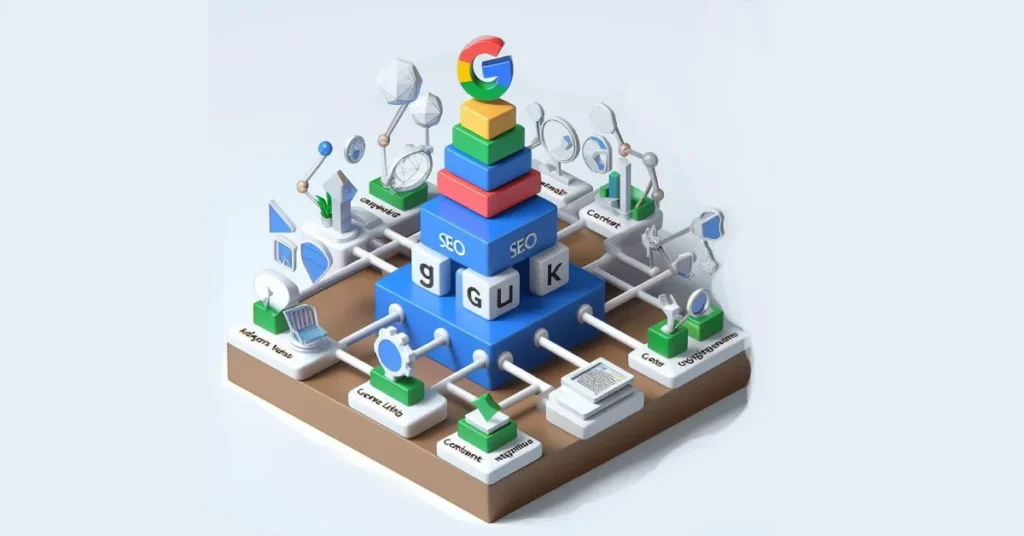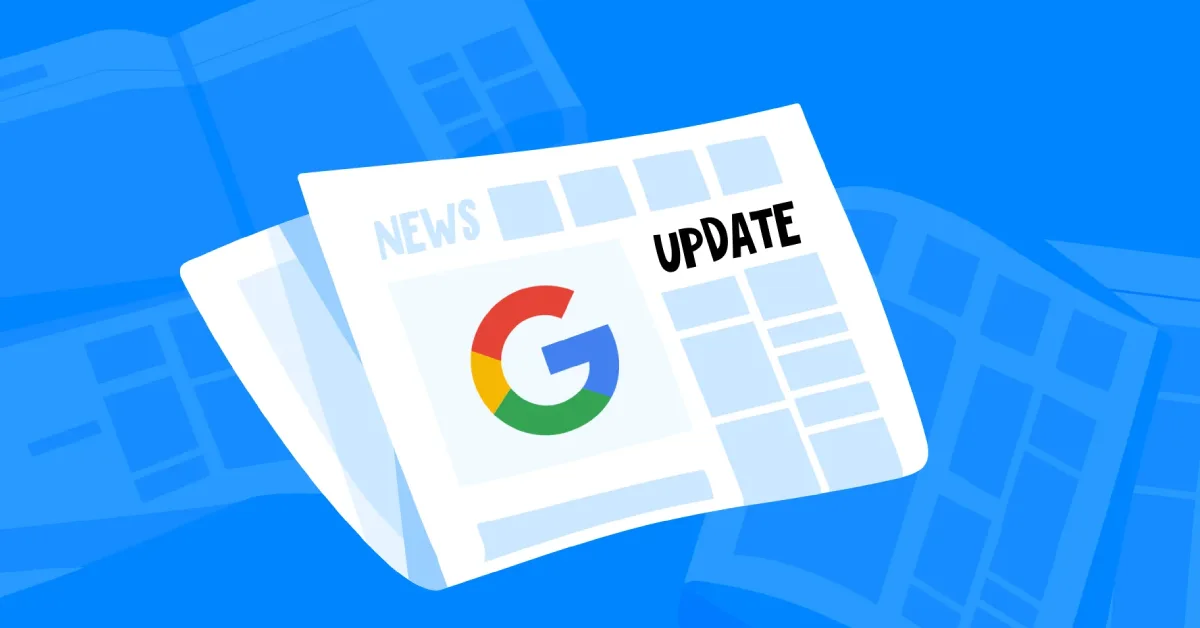The latest algorithm update of Google, published in March 2024, caused tremors and loud echoes in the blogging and content creator communities. Several sites had severe ranking slippage and traffic fallings, thus bloggers and content generators have been going through a big struggle to bounce back.
The number one goal of this update is to enrich the user experience and deal with low-quality sites that are due to spamming or large-scale low-quality content. Moreover, Google has increased its endeavors to locate and penalize such sites that prepare AI-created content without any supervision of humans, sourcing, and human editing.
It shouldn’t be a disaster if your site has been affected by this update at all. Indeed, though it may be difficult on the road to recover, it is not an impossibility. The best way to rise above is to adopt the right strategies and make quality superior to the quantity. It can save your blog from even potential penalties.
Here are 10 Proven Tips to Recover from Google’s Latest Algorithm Update

1. Conduct a Comprehensive Content Audit
The first action to take is to identify the reasons behind the rank-drop drop. Carry out a meticulous content audit; then, assess each content piece on your website. Go through the articles that don’t have any human involvement or the content that is unnecessarily low quality and spammy. So, replace or rewrite these pieces.
2. Focus on High-Quality, Informative Content
Engineering of the algorithm of Google determines the priority of websites with real value in the eyes of users. Make a great content that is useful to your audience which answers their questions and solves their pain. Do in-depth research, cite credible sources, and give tips that give a room for an action.
3. Inject Your Unique Voice and Experiences
In order to show off your capabilities and reliability, quintessentially you must add your flavor, personal experiences and new perspectives into your content. Use real-life examples, case studies, and personal stories to add the content a personal touch and to make it easy to them.
4. Align Your Content with Your Niche
Google is putting a stop to sites that feature third-party content regardless of relevance to their niches. Make sure you create content that mirrors your potential audience as well as what you are expert in. Do not just write pointless posts to increase traffic to the web log and to get sponsorship here.
5. Build Your Site’s Authority
Placing great focus on growing your site’s authority by means of organic and genuine link-building initiatives. Write guest blog posts on valuable sites in your niche, be active on social media and respond to comments, and grow a powerful online presence.

6. Optimize Your Site’s Technical Aspects
Boost your site’s technical features, which comprise of site speed, mobile friendly and user friendliness. Provide that your website loads instantly, is simple to look for and gives users a smooth experience on all devices.
7. Leverage AI Writing Tools Responsibly
In essence, Google is strict in punishing sites that produce content using AI-powered tools if no human author involved. However, you can use AI writing tools as your helpers throughout your writing process. Exploit them to create outlines, conduct research, or enhance the writing style, but make sure the Final content goes through the review, editing, and decoration by your own voice and experience.
8. Monitor Your Analytics and Rankings
Track your site analytics and ranking for search engines to see if there any possibilities of increasing your performances. Teach yourself to use the Google Search Console, the Google Analytics platform, and the third-party rank tracking software for making the right filtrations in your decisions.
9. Stay Up to Date with Algorithm Updates and Best Practices
Search engine optimization is no longer a linear process but one that incorporates learning, monitoring, and adjusting. Dive deeper into latest search engine algorithms and discover best approach by visiting information portals of search gurus and participating in webinars or conferences.
10. Be Patient and Persistent
And with the algorithm updates any seasoned marketer knows it requires time and energy. Don’t expect immediate results. Give time and patience to strive to improve your site. This needs to be done with the assurance that your site offers as good a quality and experience as another. Doing so by striving to guarantee quality and originality, you should be ready for the long-term strategy rather than changes which may be there in the future SEO arena.
Conclusion
Nevertheless, the crucial element is to keep in mind that the Google aims to offer the users an ideal search experience. By capitalizing on authenticity, a good strategy is to develop value-driven and user-friendly content that comes from your genuine ideas embossed with personal experience. In doing so, you are most likely not only to bounce back from this update but to also guard against future paralysis penalties.
Go with the flow learning from these changes and introduce new methods to build a well-engaged audience base of your blog. Being flexible and contributing something substantially valuable will give you a high ground among many bloggers and content creators in this ever-changing environment.
You can read the complete update on Google’s official website here.
